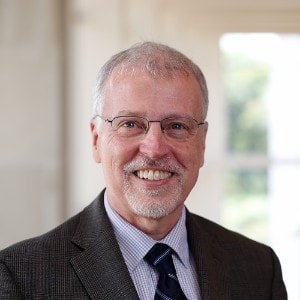Using Eye Tracking to Discover Why People Believe Disinformation about Healthcare
by

Joey George
The John D. DeVries Endowed Chair in Business
Distinguished Professor in Business
Ivy College of Business
Iowa State University
Friday, Apr 22
10:30 am – 12:00 pm
In-person: 1810 Liacouras Walk, Room 420
Abstract:
Disinformation – false information intended to cause harm or for profit – is pervasive. While disinformation exists in several domains, one area with the most potential for personal harm from disinformation is healthcare. The ongoing study described in this presentation seeks to determine what aspects of multimedia social network posts lead people to believe and potentially act on healthcare disinformation. The study has two parts: one online and one in our neuroscience laboratory. In both parts, study participants viewed a series of false social media posts dealing with various aspects of healthcare. They were asked to determine if the posts were true or false and then to provide the reasoning behind their choices. In the second part of the study, participant gaze was captured through eye tracking technology. This approach has the potential to discover the elements of disinformation that help convince the viewer a given post is true. In the long term, it is hoped that these discoveries will lead to the development of interventions that will discourage people from acting on healthcare related disinformation.
Bio:
Joey F. George is the John D. DeVries Endowed Chair in Business and a Distinguished Professor in Business at Iowa State University. He earned a bachelor’s degree at Stanford University and a doctorate at the University of California Irvine. His research interests focus on deceptive computer-mediated communication. He is a past president of the Association for Information Systems (AIS), a Fellow of AIS, and in 2014, he was awarded the AIS LEO lifetime achievement award.
